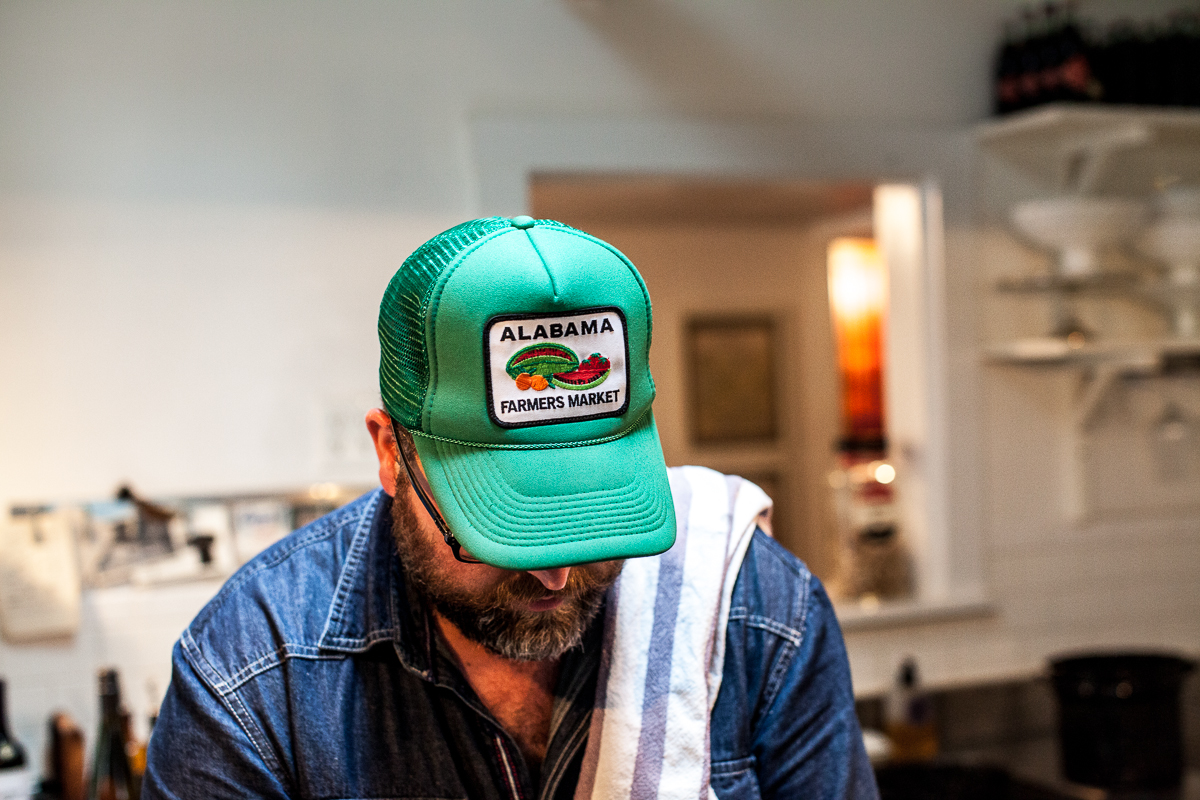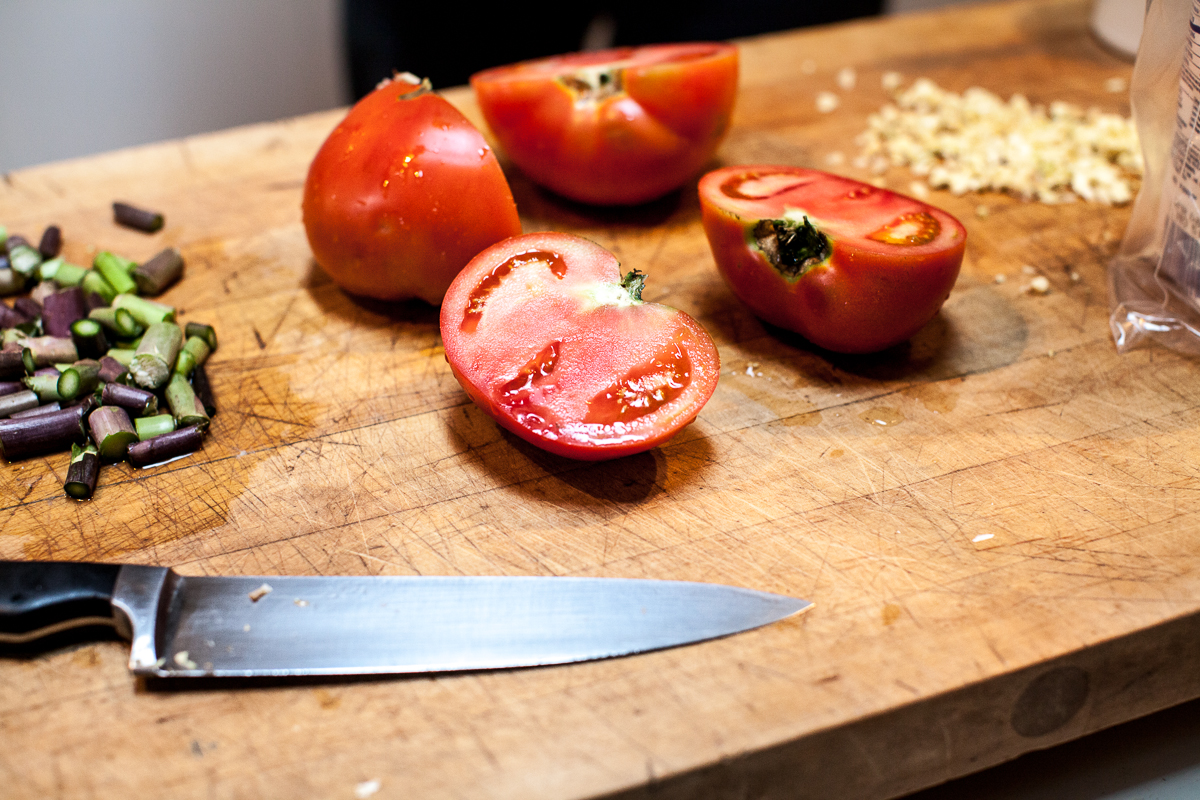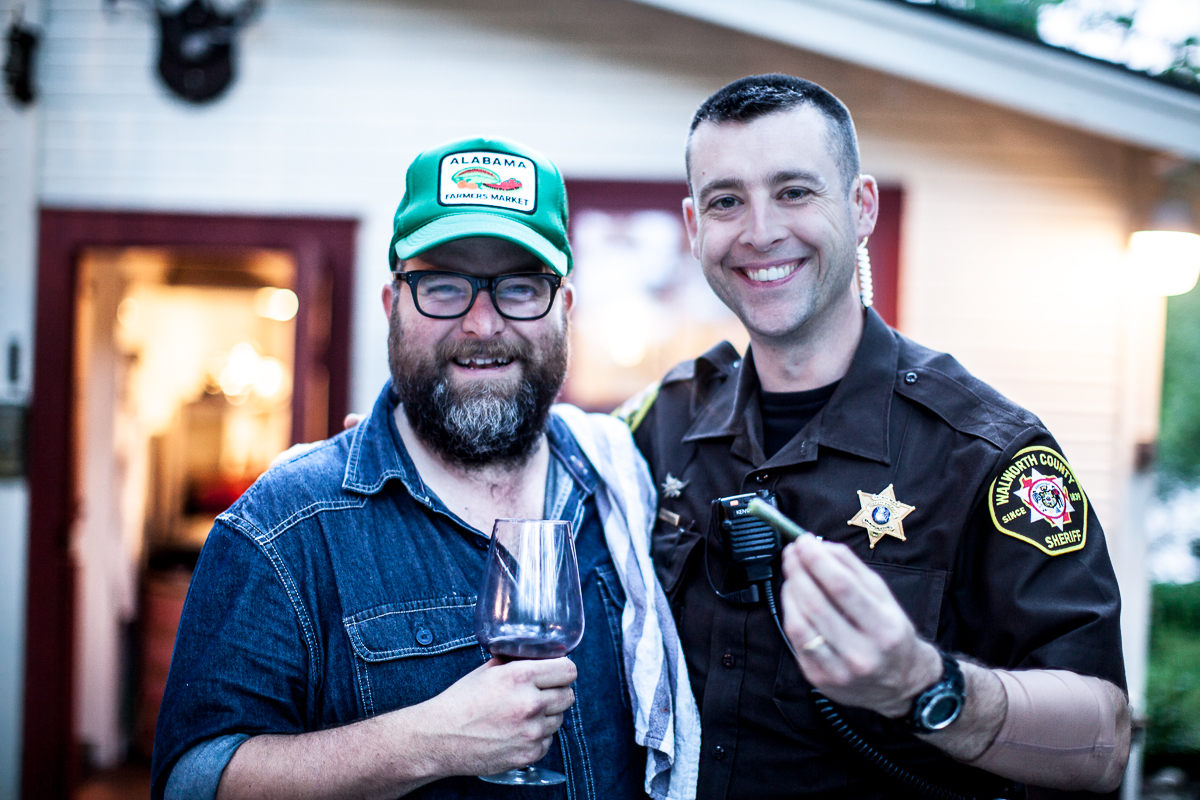America's neo-pastoral movement is too often seen through a cynical lens. Dismissed as nothing more than hipsters with a green thumb, wealthy urbanites looking to rent some "epic" nature for the weekend, or knowledge workers just wanting a vista more than 12 inches from their faces, it's easy to be pessimistic about this generation's connection to the outdoors. But I think it's more than that. And I don't think it's a new phenomena.
Something happens to every man or woman in their late 20s, and early 30s, when they look down at their hands and wonder what they've been toiling away at all these nascent years of early adult life. Work hard, then work harder, and you'll have the life you want, we're told. But 80 hour work weeks only seem to lead to more 80 work weeks, while the dreams we have of an easier life with friends, family, and a plot of land to call our own get tossed about in fevered shakes of an unstable economy. What almost no body tells you, is that if you can choose the lifestyle first, and figure out how to make money after, you have a much better chance at finding the life you want — mostly because you're already living it, and adding to it, rather than waiting to cash in all your chips at once some day in the distant future. That's what Rohan Anderson of Whole Larder Love discovered. And as rustic and brazen as American's frontier past is, for many of us, it takes the swagger and brashness of the Australian Outback to remind us of our own natural power.
Rohan took to the land, leaving behind a rather well-paying job, to see what he could make of himself when he had nothing more in terms of assets, than himself. In the truest definition of bootstrapping, he started hunting and gathering from the land he had in Australia, learning to cook a wide variety of meals for him and his family, a wife and two daughters. A creative man, he chronicled his successes and failures, his discoveries and warnings, through words and pictures on the site, Whole Larder Love. It spread like a bush fire.
For the past month, Rohan has been touring these United States, sharing his ways and means with an American audience, just as hungry for the encouragement and spectacle of Whole Larder Love-style living as he finds back home. He has a new book, "Grow, Gather, Hunt, Cook" with him to help spread the word, full of stunning photography and recipes he's developed over the years. Coast to coast, he turns pages, skins rabbits, and cooks for small crowds. It's as busy as any band's tour schedule — a new city every day, a new bookstore or restaurant, a new rabbit and kitchen. But as he landed in Chicago, his host for this leg of the journey, Max Wastler, had something different in store — a day off.
We piled Rohan's bags into my Subaru-aptly-named-Outback and headed north to Camp Wandawega, the site of our yearly beer-camp adventure in Wisconsin. For the weekend, I had pieced together a box of some of my beer cellar's greatest gems. And upon Rohan's arrival, systematically returned most of them to my cellar. See, beer serves a fairly specific purpose in the Outback — refreshment. "We call 'em coldies," explains Rohan. All lagers — ice cold and crisp. "I usually drink wine." I needed to take a different approach.
We crossed the Wisconsin border — Kanye like a lullaby for the road-weary Rohan in the back seat. I stopped at Woodman's at the route 50 junction and loaded up on New Glarus Spotted Cow, an easy-drinking ale if ever there was one, that would help move the needle on "coldie." An unfiltered, organic brew with a cream ale/top-fermenting farmhouse yeast from New Glarus, Wisconsin, this ale has a better aroma, flavor and viscosity than a lager with the sharp, crisp finish of a pilsner that an Aussie would recognize. While chatting away with Wandawega's founders, David and Tereasa, I swapped out Rohan's PBR with the challenge: "You can't come all the way to America, tell us to grow, gather, hunt, and cook, and drink macro lagers right in front of me." With a playful devil in his eyes, Rohan accepted. "Beautiful," he said, "this is just beautiful." We drank them all.
Rohan decided to cook. Three T-bones steaks from up north, smothered in onion with bacon and asparagus — the man was in his element. It'd been three years since he'd had a steak, and sensing his hesitation at the meat counter earlier, we tried to offer some less "American" alternatives: "Fuck, we're in Wisconsin, let's eat a proper steak then. And let's get some of those beefsteak tomatoes." (demonstrates their cartoonish size with his hands). And so.
Rohan drinks wine while he cooks. Sensing a chance to push his palate a bit further, I opened a bottle of New Glarus Belgian Red alongside. A sharp, tart fruit beer with loads of Wisconsin cherry, Belgian Red is an icon of the Midwestern craft drinkers' experience. "This is beer?" inquires Rohan. Now we're cooking.
The American craft beer movement is a rather nationalistic endeavor. Apart from some of Europe's more beer-centric cultures, and a few ambassadors across the globe, our recent reinvention of the industry is unknown to the rest of the world. And while Australia and New Zealand have taken to a craft beer trend of their own, it's still in its infancy. Their industry is even more dominated by macro lagers than our own. And while it's enjoyable to introduce anyone to the great flavors of American craft beer, we're still talking about an industrial product, even at the smallest of scales, made from ingredients produced halfway across the country in any direction.
To truly connect with Rohan's chosen lifestyle, I wanted to give him something that I believe represents the future in American brewing — and for now, that's a cider. America's best ciders are often produced with local, or at least regional, fruit. So as much as wine has a "terroir," ciders also share a discernable connection to the land through the choice of apple varietal. And the best ciders naturally ferment, leaving much of the process and resulting product open to chance in terms of temperature and organic materials.
"I'm not much for sweet," warns Rohan, "especially in a cider." I held a bottle of Virtue's Mitten, a bourbon barrel aged cider from the farm in Fenville, Michigan on the other side of the lake. Not yet in distribution, this bottle came from Ryan Burk, the cider maker himself, and it represents the totality of the operation to-date. They press their own apples, let them naturally ferment in the un-winterized barn, and age for three months in American oak. Plenty of vanilla, caramel and charred wood determine this cider, but far from the apple juice concentrate, syrupy cider that most are familiar with. You don't drink this over ice — you drink it like a wine. Rohan was beside himself. Rohan was in love.
Enter the fire department. A bit lost in conversation, and a bit heady from the brews, none of us noticed the bit of smoke rolling off the steaks and into the lodge. A few failed attempts at entering the cancel code and we had guests. Hungry guests. In his apologies for tying up some of Elkhorn, Wisconsin's finest, Rohan passed around a few plates and made some new friends. They returned from their trucks with beef jerky and sausages to accompany the rest of his trip eastward. These were kindred spirits. This is American pastoral. And there's nothing cynical about it.
 Michael Kiser
Michael Kiser

















